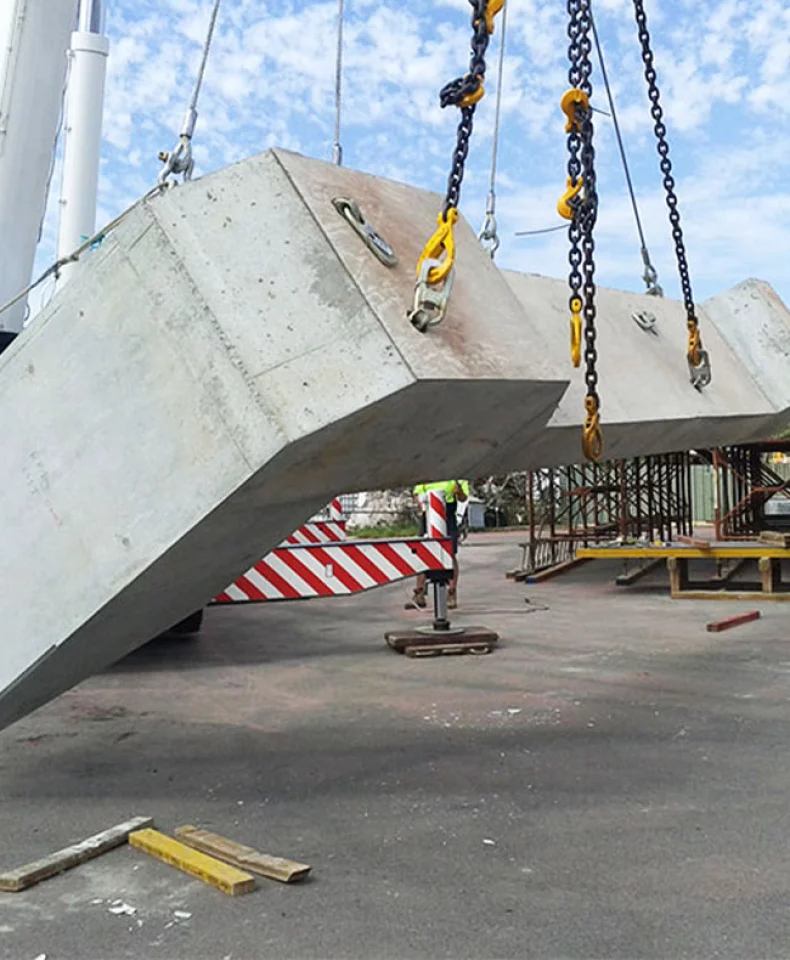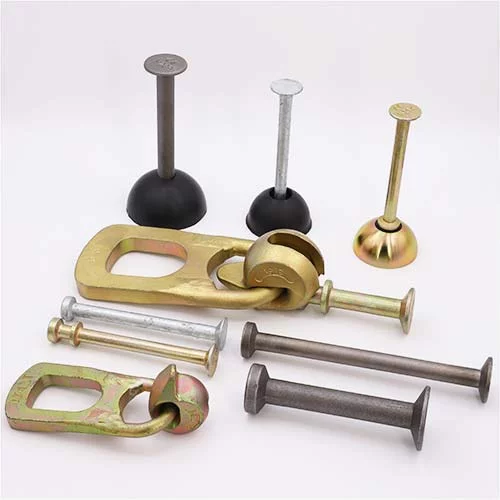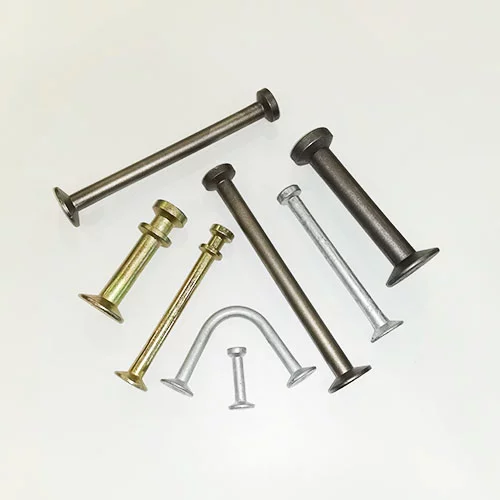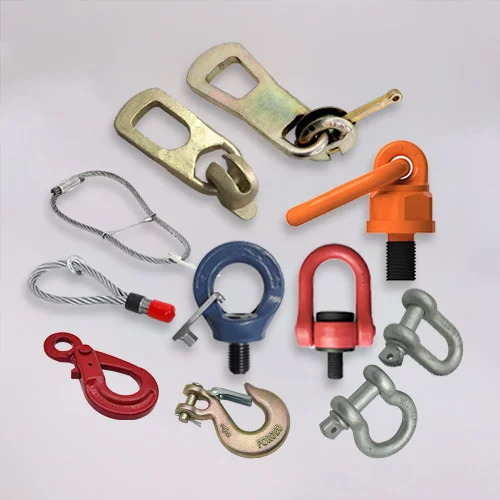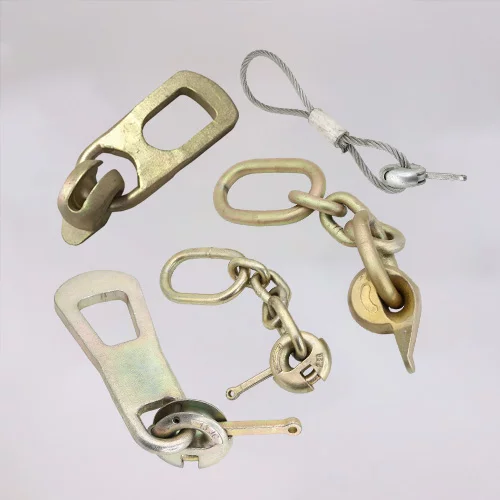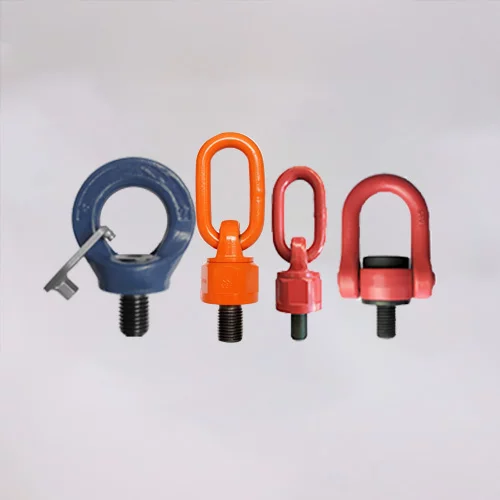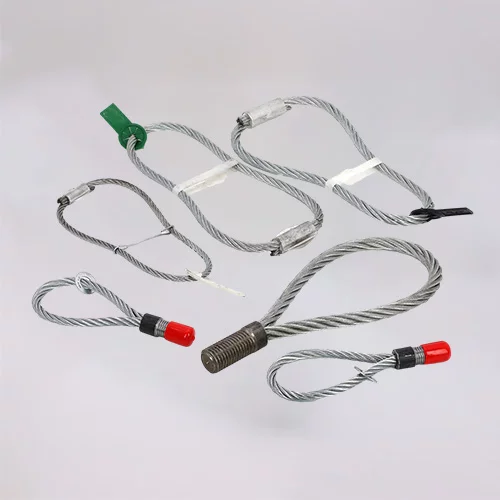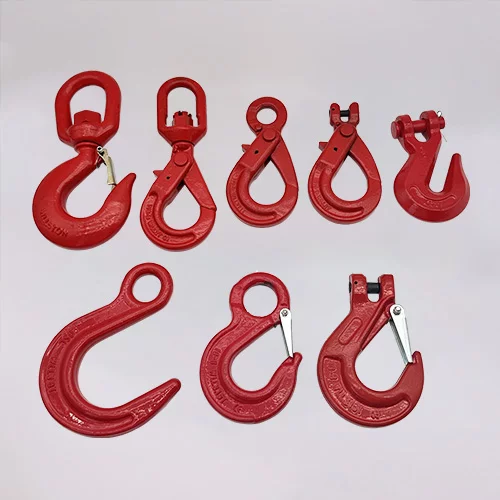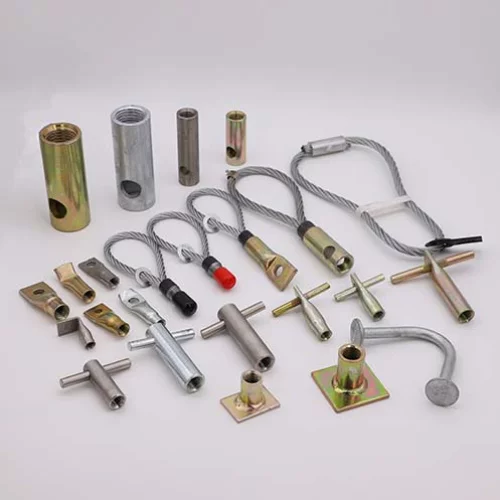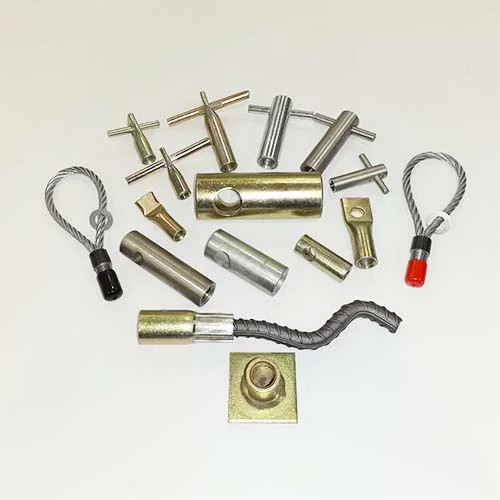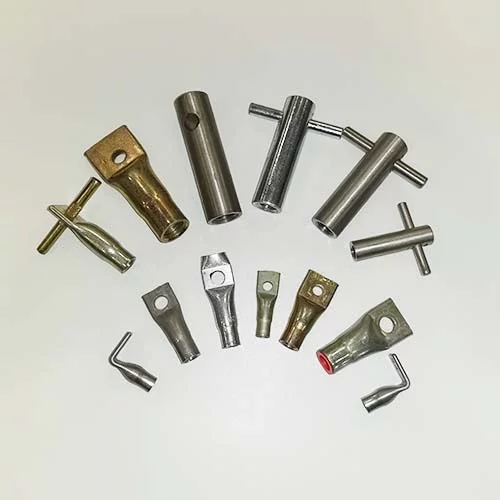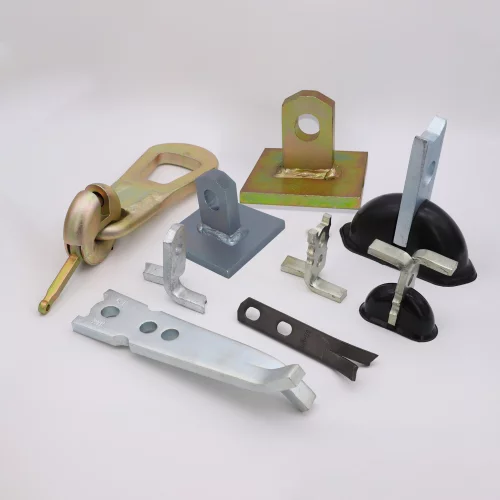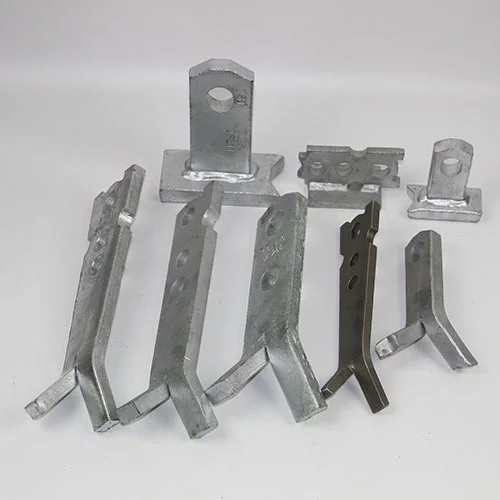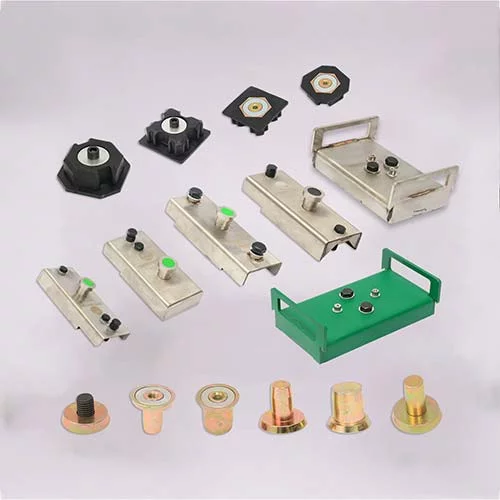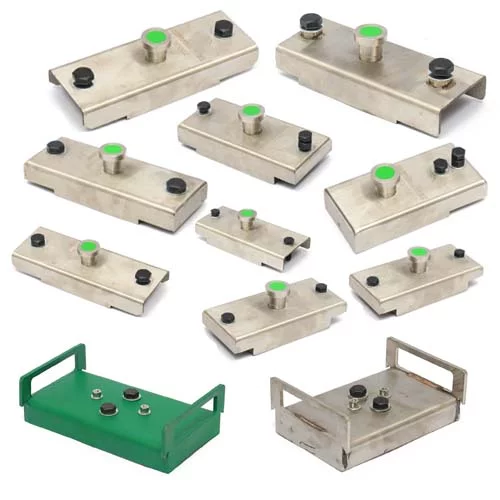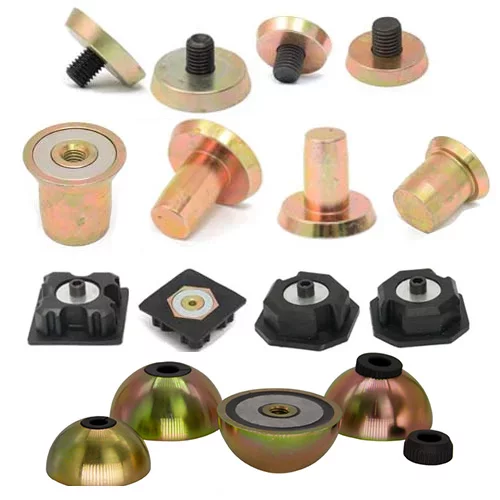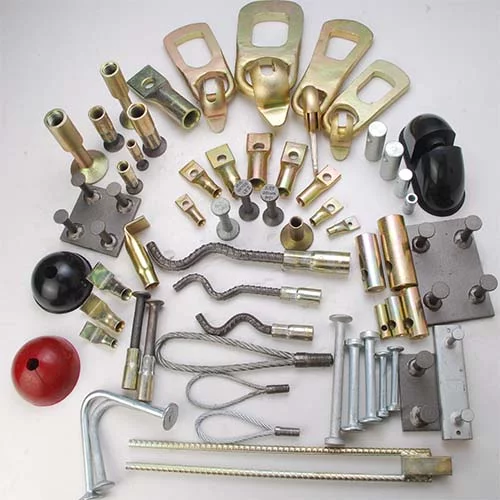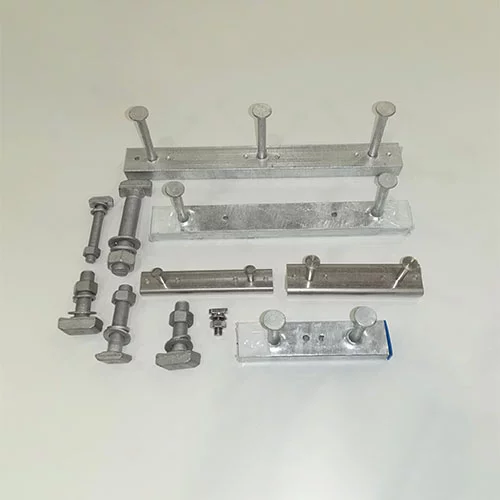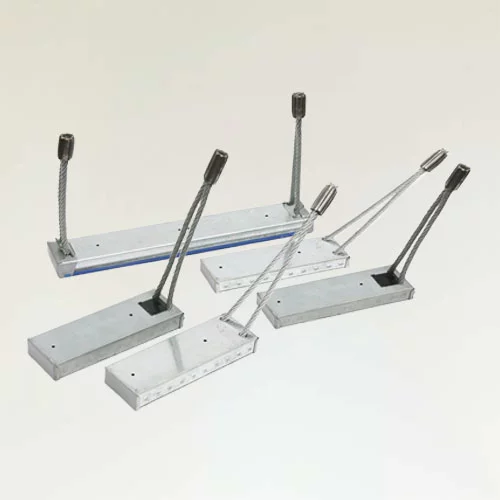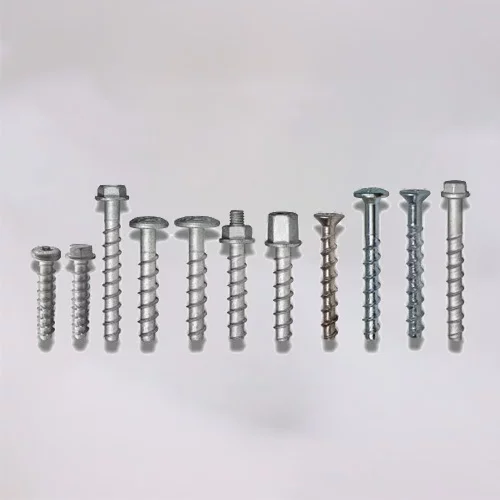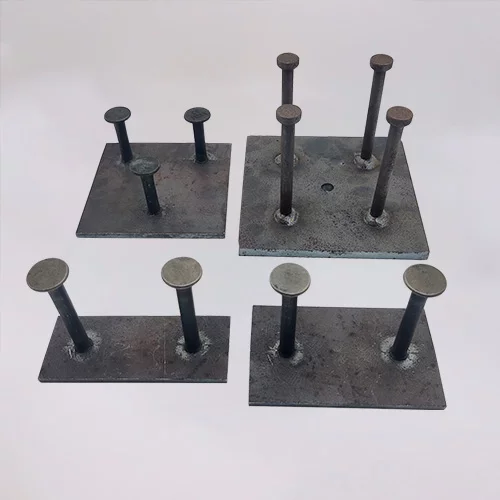Why should every manufacturer conduct tensile testing?

Tensile testing is an indispensable part of modern manufacturing. It is not only a technical means to test product performance, but also an important cornerstone for enhancing brand reputation and ensuring product safety. The following will explore the significance, application areas, implementation steps, and long-term value of tensile testing to manufacturers.
Basics of Tensile Testing
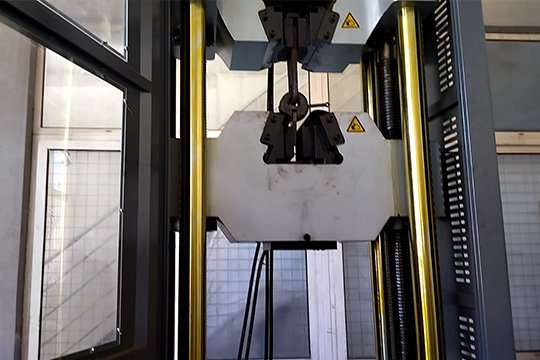
What is Tensile Testing?
Tensile testing is a test method to measure the performance of a material or product when subjected to tensile force. By placing the sample in a tensile testing machine and gradually applying tensile force until the material breaks or deforms, a series of key data can be obtained, such as:
1. Maximum tensile force: the maximum load that the material can withstand.
2. Yield point: the stress value at which permanent deformation begins to occur.
3. Ductility: the ability of a material to deform before it breaks.
Testing Equipment and Industry Standards
Tensile testing machines and fixtures are the core equipment of the experiment, and their accuracy and stability directly affect the test results. Commonly used test standards internationally include:
·ISO 6892: Tensile test standard for metal materials.
·ASTM D638: Tensile test standard for plastic materials.
·EN 12390-13: Tensile strength test of concrete components.
These standards ensure the reliability and comparability of test data, laying the foundation for products to enter the international market.
Importance of tensile tests
The core guarantee of product quality
Verify design strength
Tensile tests help manufacturers confirm whether the product meets the design requirements. For example, HULK Metal's precast concrete lifting anchor system needs to be verified by tensile tests, and its lifting anchor can withstand tensile forces exceeding the design load.
Ensure material stability
Common materials such as high-strength carbon steel and stainless steel may have slight differences in performance between different production batches. Through tensile tests, product consistency can be ensured.
Improve safety
The construction and industrial fields have extremely high requirements for safety. Whether it is precast concrete accessories or lifting loops, tensile tests can effectively reduce safety accidents caused by product failure.
Requirements of regulations and industry standards
Many industry standards require that products must pass tensile tests before they can be put on the market. For example, CE and TUV certifications explicitly require tensile strength testing, which is not only a threshold for entering the market, but also an important way to win customer trust.
Wide application of tensile tests
HULK Metal produces a range of precast concrete accessories that are designed to make the construction process easier and more efficient. These accessories include lifting sockets, lifting loops, and lifting clutch. These attachments are simple to install and may be utilized with a variety of precast concrete types.
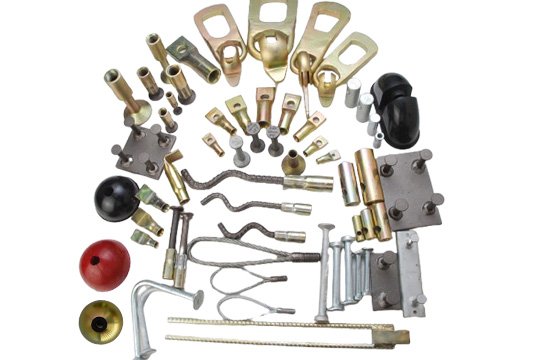
Pin Anchor System
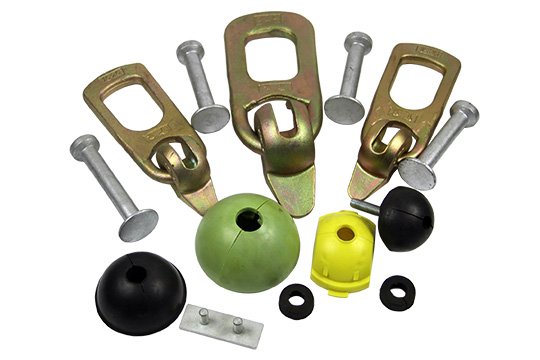
Tensile tests are critical in ensuring the performance and safety of pin anchor systems, which are widely used in precast concrete structures. These tests validate the load-bearing capacity and structural integrity under various conditions, ensuring their reliability in real-world applications.
Spread Anchor System
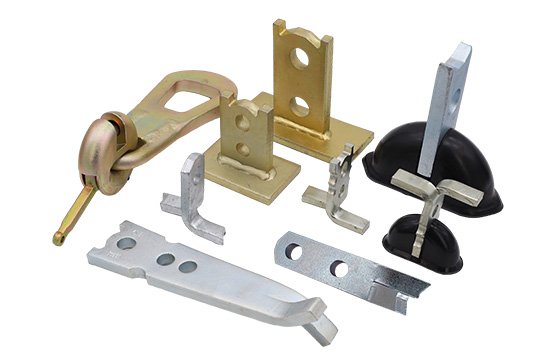
Spread anchor systems rely on tensile tests to confirm their capability to distribute forces evenly across the concrete. This ensures both safety and efficiency in heavy-load applications, such as construction and industrial projects.
Threaded Socket System
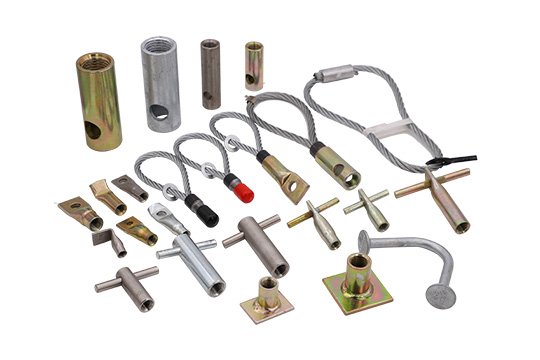
For threaded socket systems, tensile testing determines the thread’s durability and resistance to deformation under stress. It ensures these components can handle dynamic and static forces while maintaining secure connections in diverse applications.
Magnetic Products
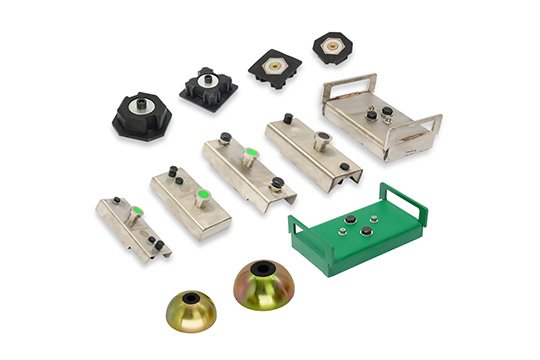
Products like precast magnets often endure substantial tensile and shear forces during use. Tensile tests verify their adsorption strength under working conditions, directly impacting their service life and safety. For example, these experiments can ensure that magnets remain stable under heavy loads, making them suitable for demanding applications like lifting or positioning heavy precast panels.
Through rigorous tensile testing across these systems, manufacturers improve product quality, enhance safety, and build trust with customers by ensuring compliance with performance standards.
Implementation steps of tensile tests
Sample preparation
Ensure that the sample size and shape meet the test standards, including key parameters such as diameter and length.
Fixture installation
Select suitable fixtures according to product characteristics, such as fine wire clamps for wire ropes and V-type clamps for round components.
Test process
Apply the load gradually until the sample breaks or reaches the predetermined tensile value.
Data analysis
Compare the test results with the standard values and generate a test report.
HULK Metal's practical cases
Advanced equipment and strict processes
HULK Metal has industry-leading tensile testing equipment with a test range of 500kg to 3200kg, which can meet performance testing needs from small precision parts to large industrial products. Its equipment supports a variety of test modes, including static tensile and dynamic simulation experiments, providing accurate and reliable test data for a wide range of industrial fields. With the ISO 9001 and IATF 16949 certified quality management system, HULK Metal ensures that each test meets international standards and avoids potential errors and quality deviations.
Reduce risks and costs
Reduce quality complaints
HULK Metal uses tensile testing as the core link of detection and optimization to help customers discover potential defects in products. Especially for industrial products and precast concrete accessories, experiments simulating high-load scenarios are conducted to ensure that no breakage or failure occurs in actual use. This kind of pre-quality control greatly reduces the after-sales disputes caused by product quality problems.
Optimize material costs
The experimental data provides customers with a detailed basis for material strength and performance. For example, customers can choose more economical materials or optimize product design based on the tensile test results, which not only improves product quality but also reduces material waste.
Improve customer satisfaction
Provide transparent quality reports
HULK Metal provides detailed test reports for each tensile test, covering the entire process from test parameters to test results. These reports not only help customers complete product certification quickly but also further enhance customers' trust in the brand through data transparency.
Enhance brand competitiveness
Through ISO 9001 and IATF 16949 certification, HULK Metal's product performance has been widely recognized in the global market. On this basis, HULK Metal focuses on externally promoting its tensile test certification services, establishing a reliable, efficient, and professional brand image, helping customers expand the market and consolidate their industry position.
Tensile testing is not only a key means to ensure product quality, but also an important tool for manufacturers to enhance their market competitiveness. Through tensile testing, manufacturers can optimize designs, verify performance, and enhance customer trust.
Article Navigation
PRECAST CONCRETE ACCESSORIES
Other Precast Concrete Accessories You Might Want to Know
You can click to learn more about HULK Metal precast concrete accessories such as lifting anchors, precast sockets, spread anchors, shuttering magnets, cast-in channels, wire loop boxes, and other precast concrete accessories you might want to know.
